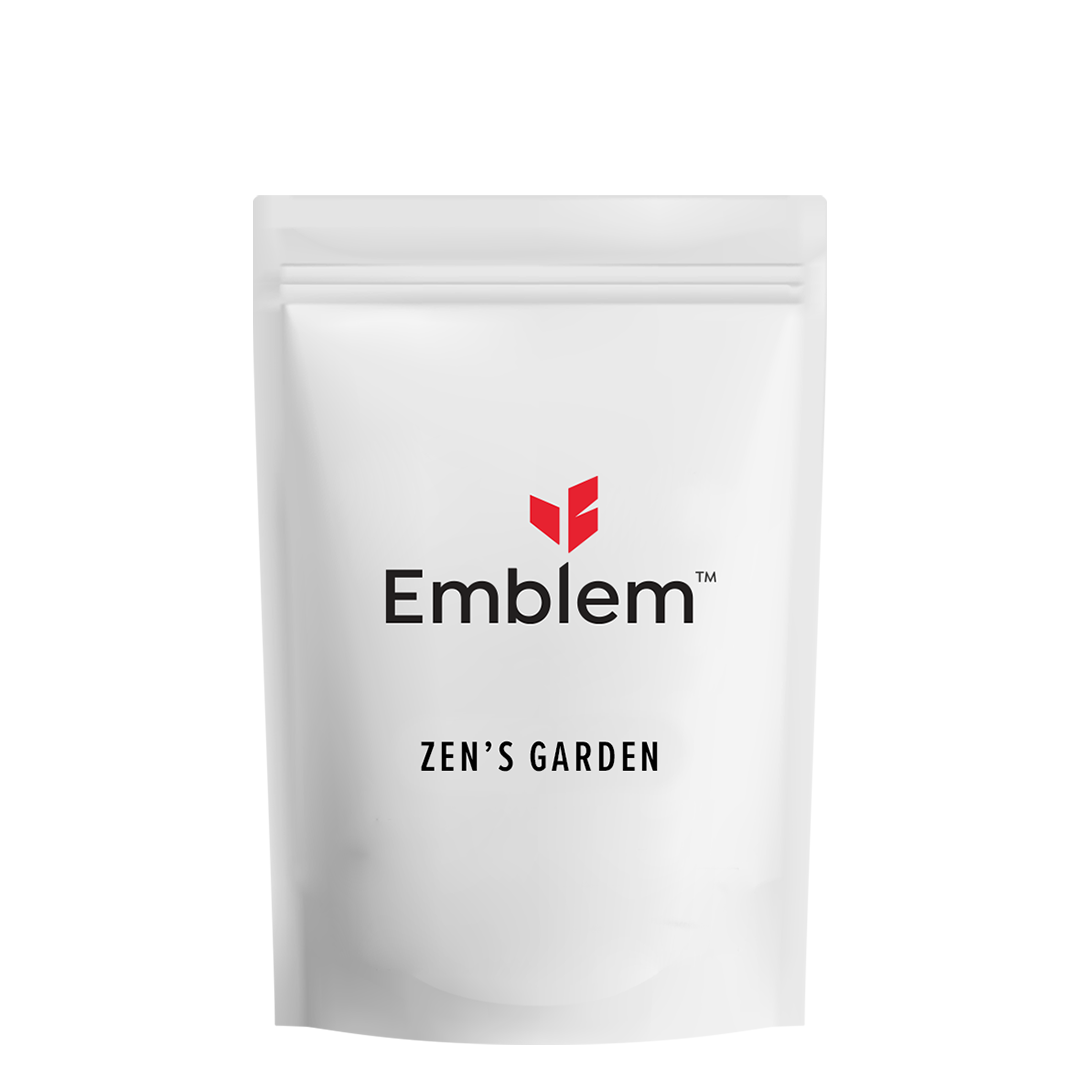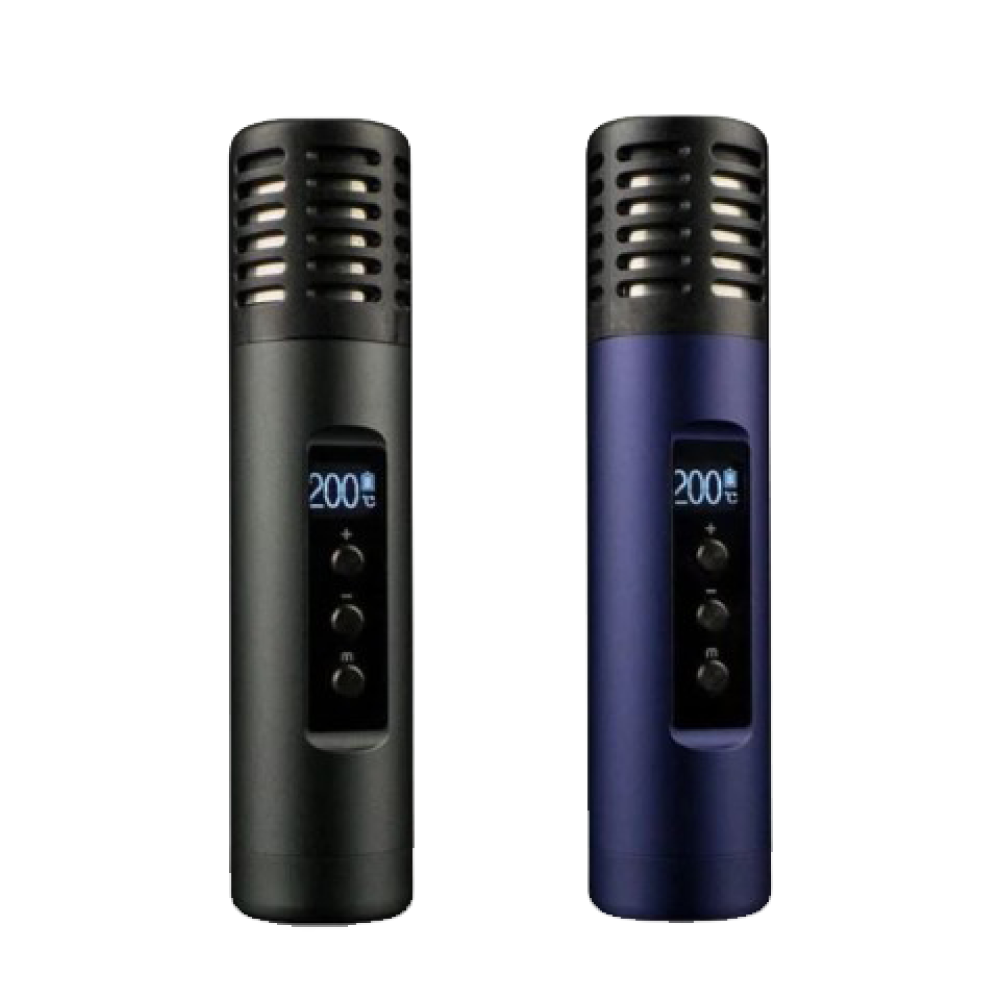
Zen's Garden
From $45.00
With high levels of CBD and very low amounts of THC, the indica-dominant Black Widow CBD has dense, beautifully green buds contrasted with wonderfully vibrant orange pistil highlights and a coating of frosty trichomes. Vibrantly pungent yet surprisingly fresh, this strain’s aroma is decidedly earthy, with a rich and luscious forest fragrance along with subtle hints of sweet honey and delicate florals. The taste is spicy and woody, with just a trace of nuttiness. Learn more about the origins of the name Zen’s Garden.
Top Three Terpenes:
Bisabolol, Alpha-Pinene, Myrcene
**Zen’s Garden**
Cette souche de Black Widow CBD à dominante indica, à forte teneur en CBD et très faible teneur en THC, donne des cocottes denses d’un vert vif contrastant avec des pistils orange éclatant et des trichomes givrés. Au goût mordant et étonnamment frais, l’arôme de cette souche est décidément terreux, avec une fragrance sylvestre riche et des notes subtiles et délicates de miel et de fleurs. Son goût est épicé et boisé, avec une touche de noix. Apprenez-en davantage sur les origines du nom Zen’s Garden ici!
Related Products
Discover our ever-evolving marketplace of high-quality cannabis products
Frequently Asked Questions
Find answers to common questions about medical cannabis and purchasing from our website. Still have questions? Click below to view our FAQ page
View our FAQ-
What is THC and CBD
The most famous and well-studied cannabinoids are tetrahydrocannabinol (THC) and cannabidiol (CBD). THC is responsible for a variety of physiological effects and has psychoactive properties, which means it acts to alter brain function, resulting in temporary changes in mental processes, cognition, perception and mood. CBD, however, has been reported as having a wide range of health benefits, including pain management, without the psychoactive qualities of THC.
-
What is the CBD:THC ratio?
The specific combination of CBD to THC included within a particular strain is known as the
CBD:THC ratio. As THC has psychoactive properties and CBD does not, this ratio is important in deciding which products are best for a patient.
-
What is the difference between indica, sativa and hybrid?
The separation between sativa and indica was originally created in the 18th century to differentiate between two species within the cannabis genus (indica and sativa), classifying them based on structure and resin. Later, as strains were crossbred, the term hybrid was added as a way to classify cannabis. As the science and understanding of cannabis continues to widen, terms are changing. What are often called cannabis “strains” should be called “cultivars.”
-
Is medical cannabis safe?
Yes, medical cannabis is considered safe for the vast majority of people, cannabinoids are non-toxic, and studies show they are well tolerated when used appropriately and with the support of a qualified medical professional.
However, every patient reacts differently to the effects of medical cannabis. THC-related side effects are most common, but can be reduced or prevented by a “start low and go slow” dosing strategy. CBD typically does not produce side effects. Working together with your healthcare professional and Patient Educator you can design a cannabinoid therapy that minimizes side effects and risks.
A few notable exceptions include women who are pregnant, those with a history of substance abuse, people with a family history of schizophrenia or children under 25 where the medical benefits of treatment do not outweigh the risks.
-
Am i going to get "high"?
Every patient reacts differently to using medical cannabis.
Common effects of being “high” include mind and body relaxation, a skewed perception of time, spacing out, feeling joyful or euphoric, and increased sensory awareness. Psychoactive effects or a “high” from cannabis are typically attributed to THC.
Different cultivars and varying THC levels can create different results and effects. It is always good to “start low and go slow” when using any strain with high THC.



